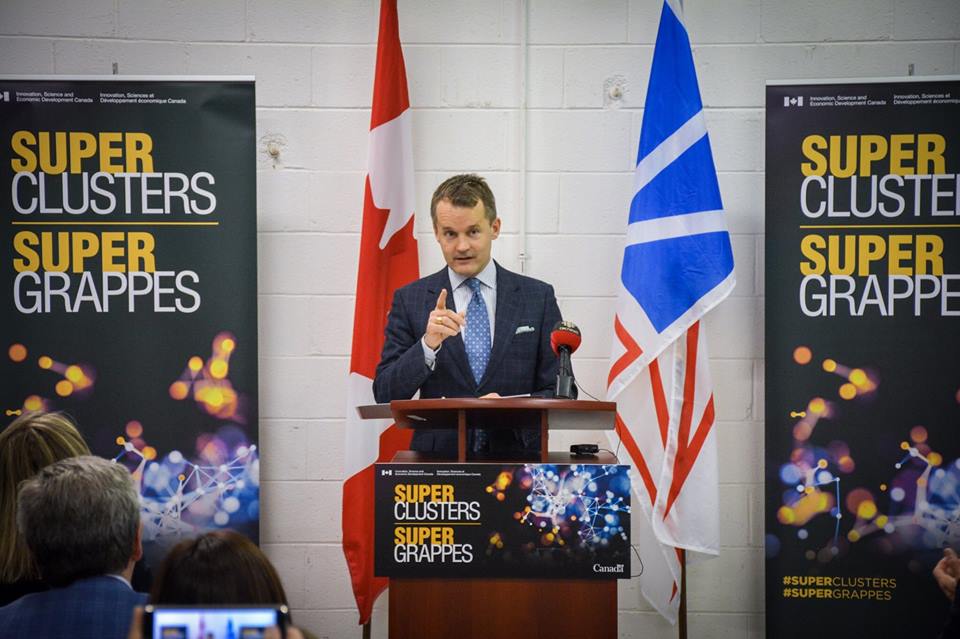Canada News
Ottawa announces $4M funding to preserve Indigenous languages in Atlantic Canada

“For generations, Indigenous languages and culture have been the target of policies that have sought to eradicate them. No more,” Seamus O’Regan, minister of Indigenous services, said as he made the announcement Wednesday at the University of New Brunswick in Fredericton. (File Photo: Seamus O’Regan/Facebook)
FREDERICTON — The federal government will spend more than $4.1 million over two years to preserve and promote Indigenous languages in Atlantic Canada.
“For generations, Indigenous languages and culture have been the target of policies that have sought to eradicate them. No more,” Seamus O’Regan, minister of Indigenous services, said as he made the announcement Wednesday at the University of New Brunswick in Fredericton.
O’Regan said past policies have left Indigenous languages today in a fragile state.
“That’s why the government of Canada is acting with urgency to reclaim, revitalize, maintain and strengthen them,” he said. He called language “core to identity. It’s how we express our stories, our art, our heritage, and our culture.”
The funding will support 36 community-based projects, including language camps and immersion programs. There will also be mentor-apprentice programs in the region’s Indigenous communities. The funding is part of the government’s larger Aboriginal Languages Initiative.
The 2019 federal budget earmarked $333.7 million over five years and $115.7 million per year after that to support the implementation of the new Indigenous Languages Act, which received royal assent last month.
O’Regan said the projects can have a major impact on the revitalization of Indigenous languages. 2019 is the International year of Indigenous languages.
Andrea Bear Nicholas, chair of native studies at St. Thomas University in Fredericton, said she’s happy with the new law and Wednesday’s funding announcement, but much more needs to be done.
“Unless we as a country give equal rights to Indigenous languages for the right to schooling in our languages, I think we will not be saving our languages,” she said.
Bear Nicholas said she fears some languages are at risk of disappearing.
“We have to make the next step, and that would be pre-school programs, that would be immersion programs, and guaranteed to any community that wants to start them. This is critical,” she said.
O’Regan said he hears the warning about the fate of some Indigenous languages and knows more needs to be done to preserve them.
“This is a very legitimate fear, and we’ve got more work to do,” he said. “This is a significant step, but we recognize that time is of the essence, and we have to work harder to make sure that young people learn their traditional languages. That is where it starts.”
Heather Knockwood of Shubenacadie, N.S., who attended the announcement, said she’s taking an adult language course in an effort to relearn the Mi’kmaq she has lost.
“I grew up in a fluent home, but we didn’t speak it. We were encouraged not to speak Mi’kmaq language,” she said.
Instead, she later learned French and Spanish, and now is pleased that people are being encouraged to speak Mi’kmaq.
“There’s a whole lot of pride coming back because the language is land-based. A lot of healing is there, because our language is so connected to the land and who we are,” Knockwood said.
The funding announcement comes as the Assembly of First Nations holds its annual general assembly in Fredericton.





















